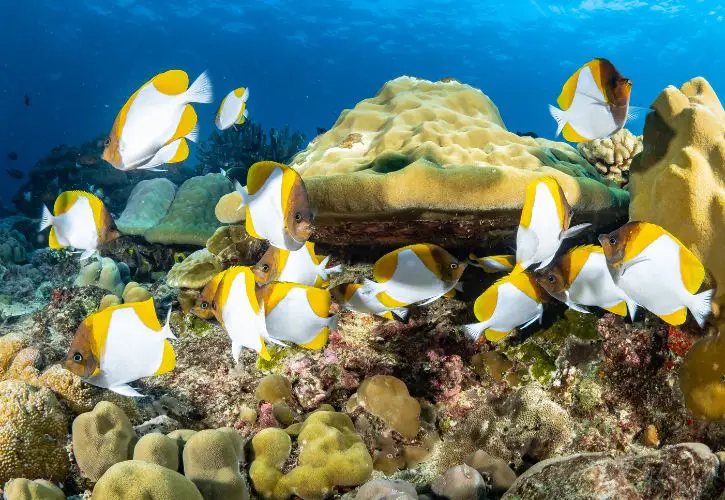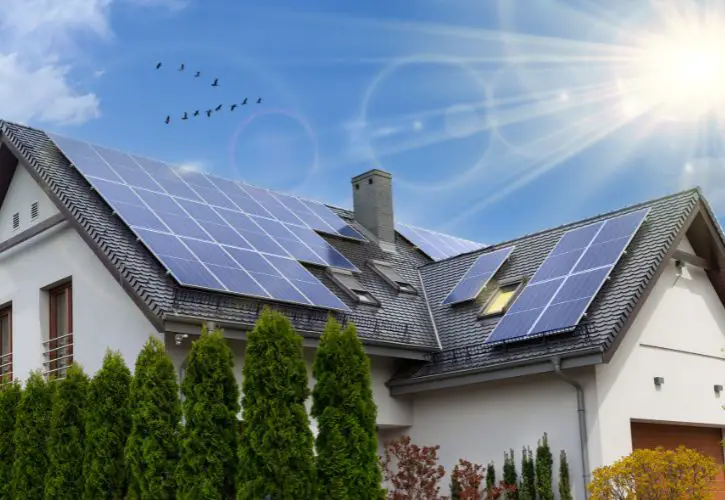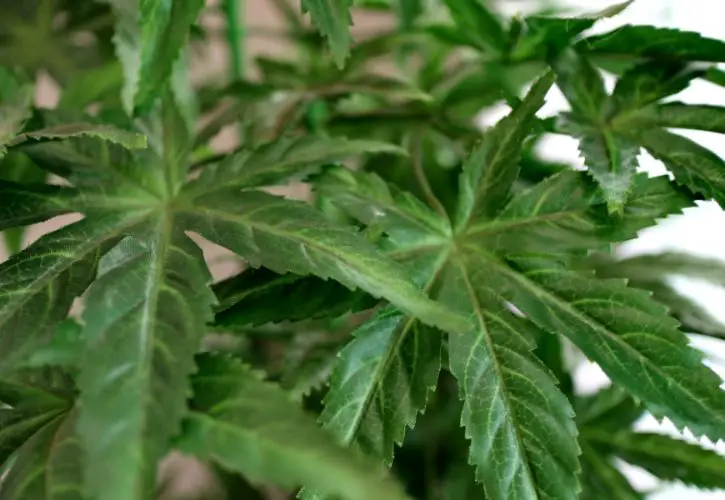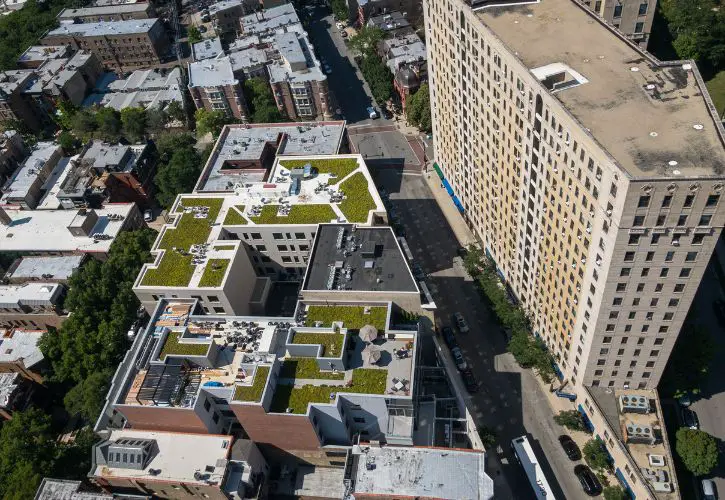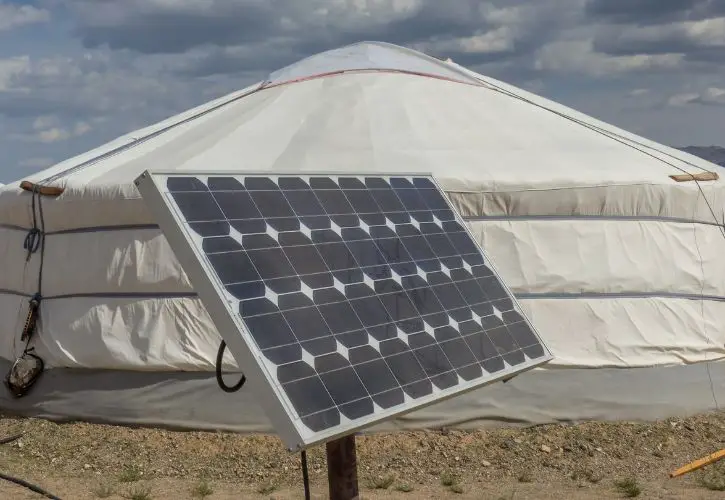How To Become an Effective Ocean Advocate
As the largest ecosystem on earth, oceans are home to a vast range of biodiversity, act as a carbon sink, and provide food and livelihoods for billions of people. Oceans are essential to many aspects of life on earth. Becoming an effective ocean advocate can play an integral role in preserving this vital resource, ensuring … Read more
